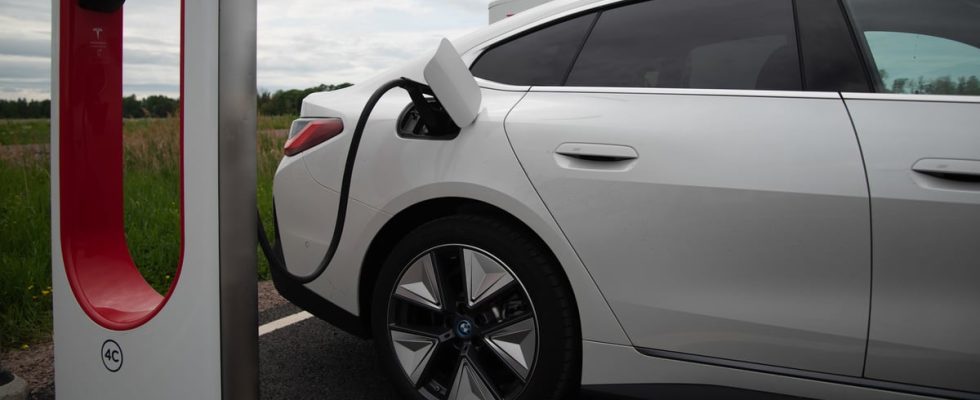VDIwhich is a German trade association for engineers, has carried out an interdisciplinary study on how much carbon dioxide cars with different powertrains emit during their lifetime.
The study is based on the so-called compact class, which includes Volkswagen Golf-sized cars, with the assumption that a car lasts for approximately 20,000 miles distributed over 1,333 miles per year for 15 years.
An ecological backpack
As the VDI puts it, electric cars and plug-in hybrids are drawn with an ecological backpack, due to the fact that they emit more carbon dioxide than traditionally driven cars during production.
In a German electricity mix, which is largely dependent on fossil energy sources, a pure electric car in the compact class – for example the Volkswagen ID.3 – must drive 9,000 miles before it is more environmentally friendly than a corresponding petrol car.
If you drive your electric car on fossil-free electricity alone, the distance shrinks to 6,500 miles. This figure is more relevant for Sweden, where the electricity mix is 98 percent fossil-free according to Fossil-free Sweden.
An average Swedish passenger car travels roughly 1,100 miles per year according to Traffic analysiswhich means that it takes around six years of normal driving before the electric car has compensated for its higher emissions during manufacture.
The plug-in hybrids get good marks
During a lifetime of 20,000 miles, the electric car emits the least amount of carbon dioxide of all car types. Perhaps the most surprising figure in the study, however, is that the plug-in hybrids turn out to be almost as environmentally friendly as the electric cars.
With a German electric mix, a pure electric car in the compact class emits 24.2 tons of carbon dioxide over a lifetime, while a plug-in hybrid emits 24.8 tons. A petrol car emits 37.1 tonnes.
The figures are close to each other even when the cars run entirely on fossil electricity, as the electric car emits 33.8 tonnes while the plug-in hybrid emits 33.6 tonnes.
A reasonable alternative
Plug-in hybrids have had to endure a lot of criticism over the years, but thus appear to be a sensible alternative for the environmentally conscious.
The engineers note, however, that it is important to drive your charging hybrid as intended – that is, to charge regularly. Otherwise, you will not achieve a high enough run on electricity to achieve the desired environmental benefits.
Room for improvement
At present, it is therefore still not obvious that an electric car is by far the most environmentally friendly option.
The VDI engineers point out, however, that this is largely related to where and how the electric cars are built.
Currently, electric car batteries are largely built in Asia with fossil electricity, and if they were built instead in Europe with fossil-free electricity, the emissions of electric cars would have been significantly reduced.
The experts warn: SUVs and electric cars a traffic hazard
